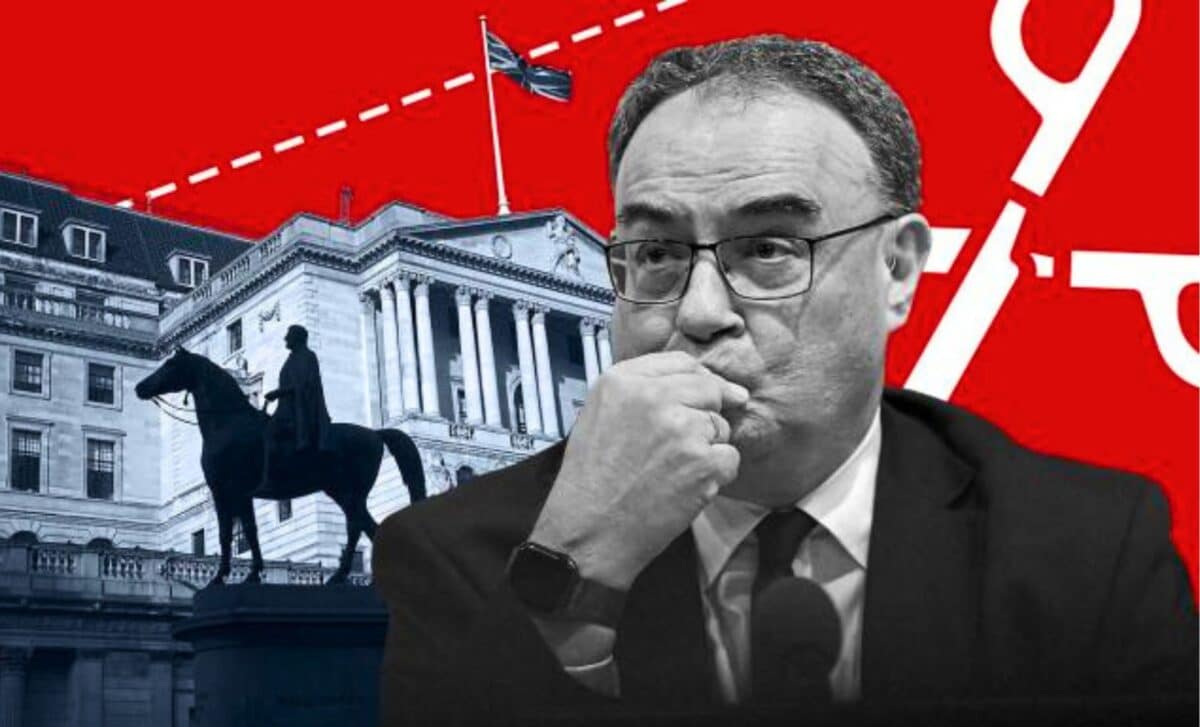Britain is in for some good news on Wednesday, with official figures expected to show that inflation has returned to the Bank of England’s 2% target for the first time in almost three years.
The news comes just a day before the crucial decision on interest rates and at a politically sensitive time for the Conservatives, who face an election on 4 July.
Inflation Drops to 2% Ahead of Key Interest Rate Decision
Analysts expect the consumer price index (CPI) to fall to 2% in May, from 2.3% in April. This would be an important step, as inflation has been a major concern since the start of the cost-of-living crisis, reaching levels not seen for 40 years.
A return to target would be a welcome boost for Prime Minister Rishi Sunak, who already declared victory over inflation last month. However, experts warn that this is unlikely to translate into an interest rate cut early this summer.
The Bank of England is expected by most economists to hold rates at 5.25% on Thursday, with the approach of the election reducing hopes of a cut before the polls open.
Sandra Horsfield, economist at Investec, notes that while the return to the inflation target is positive, it is unlikely that the Monetary Policy Committee (MPC) will be fully satisfied if the figures meet expectations.
Inflation Predictions Prompt August Rate Cut Hopes
The situation is further complicated by the forthcoming elections. News of falling inflation is likely to be welcomed by voters, but it is unlikely to be a decisive factor in the outcome.
The weeks ahead will be crucial for the Conservatives and the Bank of England, who will have to strike a delicate balance between economic stability and political pressure. In its May Monetary Policy Report, the Bank’s central forecast predicted an inflation rate of 1.9%.
“It is also uncertain whether inflation will stay at 2% in the future – indeed, we expect a slight increase in the second half of the year.
Horsfield noted that a rate adjustment in June seems unlikely due to the pre-election purdah period, but optimism remains for a rate cut in August.
While achieving the target is symbolically important, the Bank continues to closely monitor inflation in the services sector.
This sector has shown persistent inflationary pressures, which contributed to the Bank’s decision to keep rates at their highest level for 16 years.
Another focus of policymakers has been wage growth, which has shown similar resilience. As a result, financial markets have forecast just one rate cut this year.
Economists consider this to be too cautious a stance. However, Robert Wood of Pantheon Macroeconomics believes it is clear that the Monetary Policy Committee (MPC) still has its work cut out for it.
He expects services inflation to exceed the Bank’s forecasts again in May. Nevertheless, he believes that the Bank will take this into account in its August decision, which will include the next round of quarterly forecasts.









